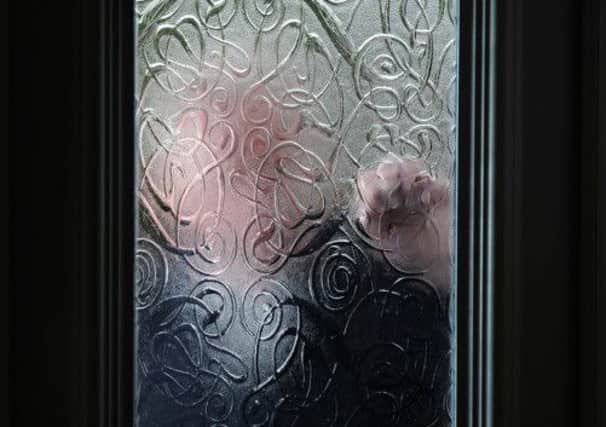Councils warn of rising debts as welfare changes ‘hit poorest’


Local authorities are expecting to be millions of pounds out of pocket as a result of reductions in the amount of council tax collected, the need to take on staff to deal with rising debt and an increase in legal action.
Changes to the benefits system which mean thousands of people are paying council tax for the first time are being blamed for the rising debts.
Advertisement
Hide AdAdvertisement
Hide AdIn Bradford, the council is expecting a two per cent drop in the amount collected and almost 7,000 people with new or revised council tax bills have already had liability orders granted, allowing the council to recover the money directly from their benefits or employer.
In total, Bradford Council is owed almost £27m in unpaid council tax, which includes £8m from 2012-13.
A council report said the changes to the welfare system had resulted in the authority having to collect an additional £17m this year from 27,000 new council tax payers.
“Much of this debt will be difficult to collect from low-income households,” the report notes.
Advertisement
Hide AdAdvertisement
Hide AdThe council has filled three vacant recovery staff posts in a bid to claw back as much money as possible.
Staff have had to deal with an increase in calls from people who have never had to pay council tax before, including residents with mental health issues and learning difficulties.
In Kirklees, the council has recruited 10 revenues officers to deal with an expected drop of about three per cent in collection rates.
And in Leeds a drop in collection rates has been accompanied by a rise in legal action and court work.
Advertisement
Hide AdAdvertisement
Hide AdWakefield is forecasting a two per cent drop in collection rates and around 2,000 court summonses have been issued.
The 2014-15 financial year is expected to be worse for collection rates in Wakefield as those with debts of £260 or more will take at least 18 months to pay at the £3.60/week rate from their benefits.
Some of the figures are contained in a report to Calderdale Council which is consulting on plans to make benefits claimants make some kind of contribution towards council tax - changes already made by many councils.
The report notes that whilst there are problems collecting council tax across Yorkshire, the actual amount of income being collected is significantly more than the costs of collecting it.
Advertisement
Hide AdAdvertisement
Hide AdA spokeswoman for Leeds Council said: “Our collection rates have been in excess of 99 per cent for a number of years. We recognise that 2013-14 will be a difficult year because of the welfare reforms and we’ve budgeted accordingly.
“Council tax collection rate for 2012-13 was 96.9 per cent - the outstanding amount will be pursued until it is paid.
“Even with more people paying council tax for the first time, the collection rate at August 2013 is only 0.6 per cent less than at August 2012.
“For those paying council tax for the first time, an extra reminder is being issued asking people to contact us for ways to pay and to provide support.”
Advertisement
Hide AdAdvertisement
Hide AdA spokesman for Kirklees Council said 4,771 people receiving council tax support had been summonsed this year (1,392 have now paid in full).
“The overall number of summonses are up compared to the same point last year. This will have been affected by both the council tax technical changes and the council tax reduction scheme.”
A spokeswoman for Calderdale Council said the total unpaid council tax was just under £12m, adding: “We do not write off any amount of unpaid council tax until all recovery options have been explored.”
In extreme cases, this can mean the use of bailiffs, said the spokeswoman.